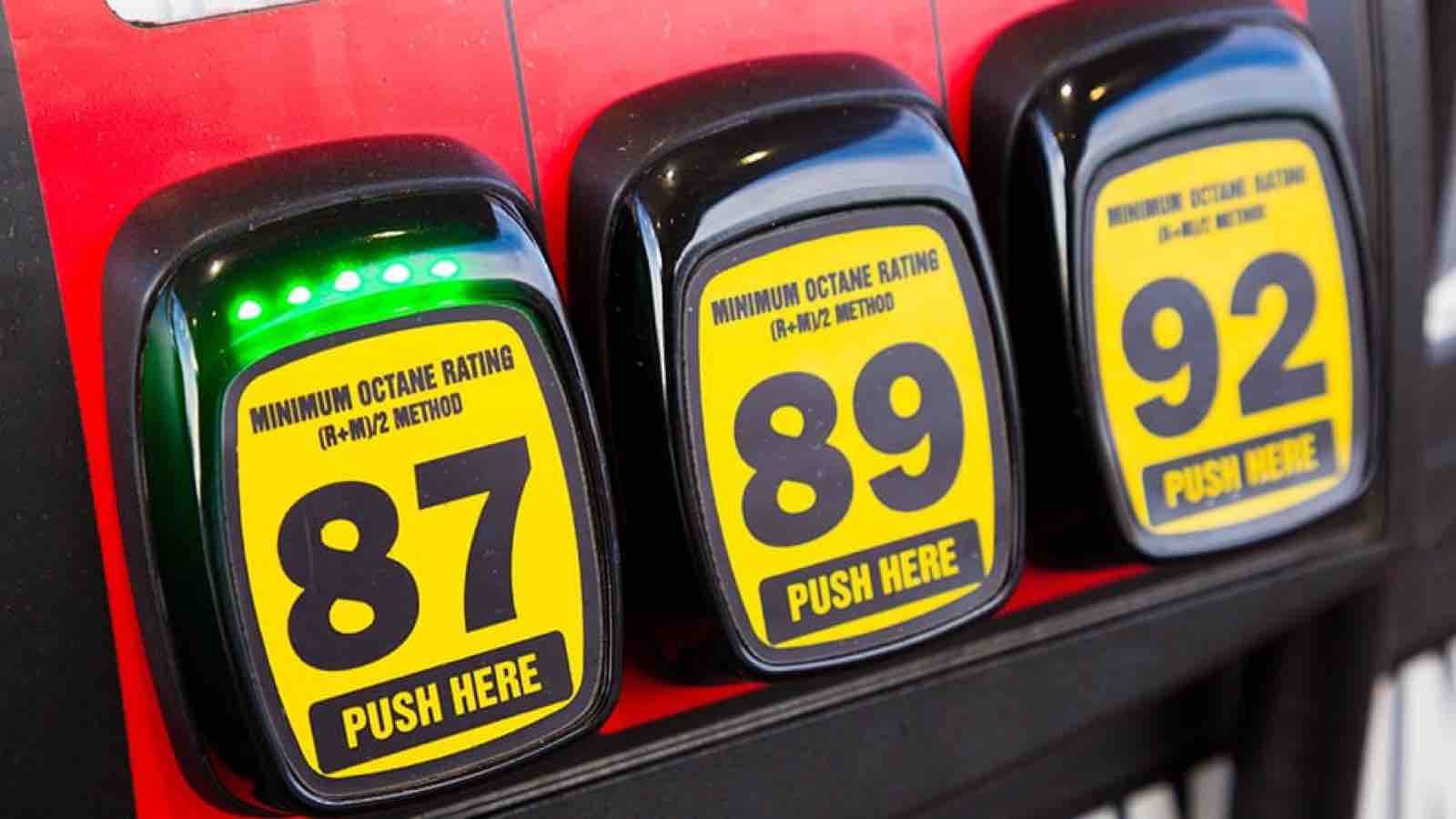
Most people are clear on which type of gas their car needs. But not as many are clear on the differences between regular and premium gas.
Why use regular instead of premium gas?
One obvious difference is the price.
According to the U.S. Energy & Information Administration, premium fuel nationally averages about 60 cents more per gallon than regular gasoline, and 25 cents more than midgrade gas.
What is the difference in octane levels?
Octane is how much compression a fuel can withstand before igniting, or rather it’s a measurement of a fuel’s ability to avoid knock. Gas stations typically carry three octane grades. State laws regulate which octane levels can be listed as premium, midgrade, or regular. Typically “regular” gas is 87 octane, “midgrade” is 89 octane, and over 91 octane is “premium” gasoline. Some states label top-tier gasoline with 93 octane as “ultra” gas.
Can I switch from premium to regular gas?
Cars are designed to run best with a specific type of fuel.
A higher octane gas won’t ignite as quickly, which explains why high-performance cars with high compression engines often require higher octane gas. Engines that take higher octane fuel tend to work more efficiently and emit less emissions and exhaust.
It is important to use the required octane for your specific car. Using the right octane level can prevent damage to your car’s engine and help it run at maximum efficiency.
If you use a lower than recommended level, the gas may combust too fast for your engine. That can cause the engine to make a knocking noise. In addition to this unwanted noise, a lower than recommended gas can also reduce your car’s power and fuel economy and cause engine damage.
When it comes to the opposite—using a fuel with a higher octane rating than recommended—the risk of danger is lower. The general consensus is that using premium gas when your car can run on regular gas doesn’t deliver any extra benefits when it comes to engine life, fuel economy, or reduced emissions.
If your engine uses higher compression ratios, typically you will need to use higher octane-rated gas. Your owner’s manual will let you know what gas is best for your car model, or you can look inside your fuel door: it should have a sticker showing your car’s fuel requirements.
If your car requires premium fuel, the sticker will read “Premium Unleaded Fuel Only” as well as the octane level required; some models will simply note “Premium Fuel Recommended.”
Can you mix premium and regular gas?
Mixing different octanes doesn’t improve your car engine’s performance. It is best to stick with the manufacturer’s recommendation for peak performance.
Does premium gas last longer?
If your car’s manual simply states “premium” or “premium recommended,” you may want to test the different premium levels to see how your car’s performance changes. You can do this by getting your gas tank to the quarter level, or lower, and fill up with one of the premium grades. Keep a log to track of your gas mileage while driving with the different premium gas octanes. Test the different octane levels and pay attention to how your car feels and sounds while driving; also note any differences in acceleration rate.
To improve your car’s overall performance, drive it more efficiently. For example, don’t floor the gas when taking off from a red light or stop sign. When driving long distances, drive at a consistent fashion without making quick accelerations.
At Erie Insurance, we know life is all about balance. Whether you’re selecting the best gas or the right insurance for your car, it is important to find the sweet spot between your budget and getting the protection you need. With flexible options, ERIE Agents can help you customize your coverage at just the right price. Learn more about auto insurance or find a local ERIE agent near you.
This was originally published in 2017. It was updated in 2019 with new information. Amanda Prischak and Sara Erhartic contributed to this story.

